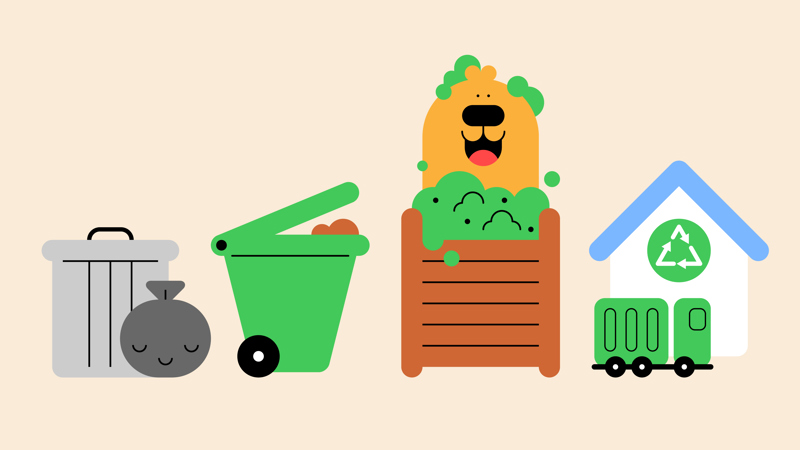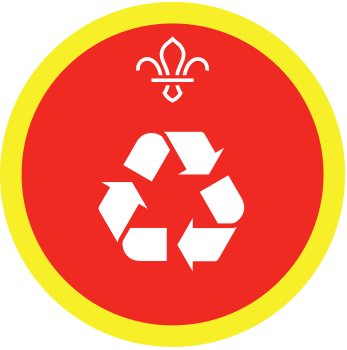
Ready, steady, recycle
You’ll need
- At least one item from each recycling category
Before you begin
- Everyone should bring in at least two items that they think can be recycled.
- Source some extra items to make sure you have one item from each of the recycling categories (we’ve included some pictures of the categories to help).
Get ready to recycle
- Split into small teams, and allocate a recycling option to each:
-
- recycling at home
- recycling centre or collection point
- compost or food waste
- rubbish or non-recyclable
- clothes
- Everyone should put their items for recycling in the middle of the space.
- One person should stand with the items (this could be the person leading the game). They should hold up one item at a time and say what it is.
- One member of each team should hold up the picture that best represents where this item should be thrown away. If there are disputes, the teams can discuss their ideas or check with our supporters Recycle Now for advice.
- Keep score to see which team has the most correct answers once all the items have been sorted.
- Make sure that all the items are properly sorted when taken away.
Reflection
This activity helped you to develop your role in society by understanding how our waste is disposed of. Materials like paper are widely recycled, but some plastics are not. Now you know more about what items can be reused or recycled, what steps can you take to waste less and recycle more? Why is it so important to recycle?
This activity also involved you using practical skills. You had to use your knowledge to decide where different things can be recycled properly. Was there anything that you hadn’t been recycling properly? Did you learn anything new about recycling? Were there any items that were disputed? How could you check what can be recycled?
Safety
All activities must be safely managed. You must complete a thorough risk assessment and take appropriate steps to reduce risk. Use the safety checklist to help you plan and risk assess your activity. Always get approval for the activity, and have suitable supervision and an InTouch process.
- Rubbish and recycling
All items should be clean and suitable for this activity.
You can add or remove categories depending on how much the group know to begin with.
Make it accessible
All Scout activities should be inclusive and accessible.
You could use this activity to kick-start your collection by asking everyone to bring some items to donate.

